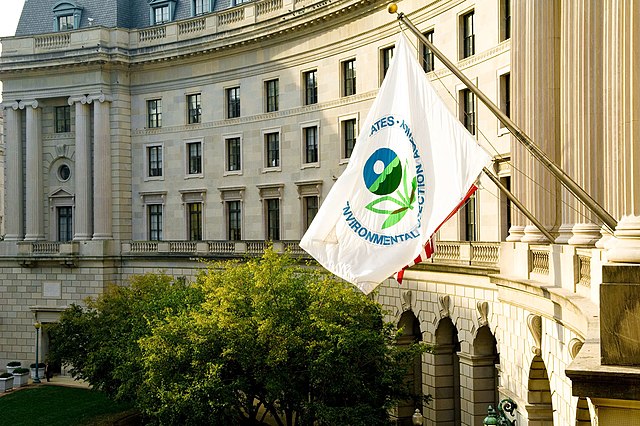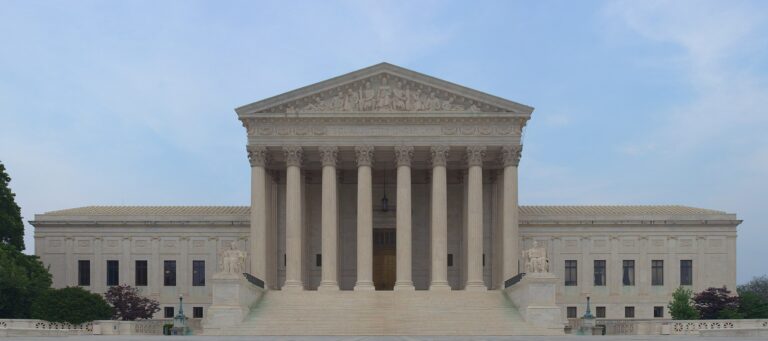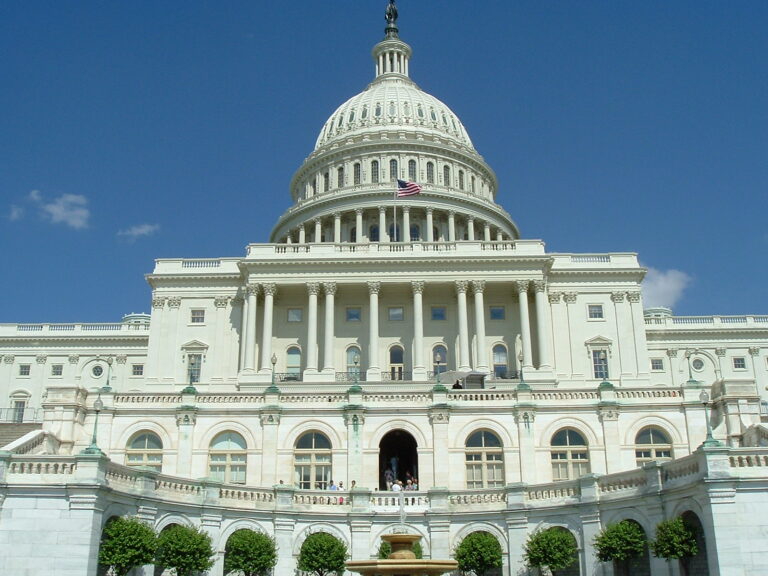The Problem with Biocentric Environmentalism
In “Public Policy from a Constitutional Viewpoint,” Professor John Grant argues that the best way to protect the environment is through a limited government with the primary objective of protecting the rights of its citizens. We have created a false dichotomy in America that pits environmental policies against limited government.
And that has led us to undermine the Constitution in our environmental policies by handing legislative, executive, and judicial powers to unelected bureaucrats. Federal agencies like the EPA write, enforce, and adjudicate the “laws” related to environmental protection.
But there’s an even deeper, more sinister problem behind contemporary environmental policy. According to Dr. Grant, policymakers are animated by a “biocentric view of the environment:”
What biocentrism means is that you should not privilege human beings over the nonhuman environment. In the older American political tradition, . . . how we thought about the environment was determined by what’s good for human beings. . . . The new view tends to emphasize the effects that a particular policy will have on nonhuman life.
In a complete rejection of both Western and Biblical tradition, the prevailing view among environment ethicists is that,
All life is equal and has inherent worth. Human life is not superior to, say, the life of a subspecies of fish or spotted owls.
In fact, as the 1973 Endangered Species Act (ESA) makes clear, modern environmental policy often places animal and plant life above human life in the protections it allots them:
The ESA prohibits any kind of takings, and that includes any kind of harm to the habitat of a species or subspecies placed on the endangered species list. This can be interpreted in ways to mean that even if no representatives of an endangered species are found on one’s property, one is still not permitted to modify the area around one’s house because it is a habitat or it could be a habitat. In some places in America, particularly areas prone to wildfires, this is a real problem because people are not allowed to adequately clear the land around their houses to protect them because it is a habitat, even if you can’t find any examples of that species or subspecies there.
In other words, if a homeowner decides to remove trees from his private property to protect his family against the destructive potential of a wildfire, he can be fined and prosecuted by the bureaucracy for “modifying” the habitat of a bird placed on the endangered species list, even if there is no evidence of the bird having lived there. This is biocentrism at its core.
It’s not hard to see that this interrupts even the possibility for civilization. Professor Grant states the rejection of Western civilization involved in biocentrism clearly:
If we can’t figure that out, that human life needs to be privileged over nonhuman life, then you can’t have a civilization. You just can’t. You can’t even live, and that’s our confusion now.
When humans create laws that prevent humans from protecting humans—in essence to sacrifice human life, liberty, and property—for potential changes to the environment even without definite damages being done, civilization cannot progress. It cannot flourish. It cannot long survive.
But that does not mean that we must choose human life over protecting the environment. As Dr. Grant points out,
We can have regulations which protect the nonhuman environment, with an emphasis on the effect on human life. . . . How do we protect life, liberty, property of human beings? It turns out that’s going to keep people from being able to do things like poison rivers or unlimited pollution by industry.
In fact, a concern for what is best for human beings necessarily entails a concern for conserving the environment and making it a healthy and beautiful place for human beings to live and prosper. Professor Grant reminds us that a limited government can make robust laws that benefit the environment without sacrificing our rights as citizens.







